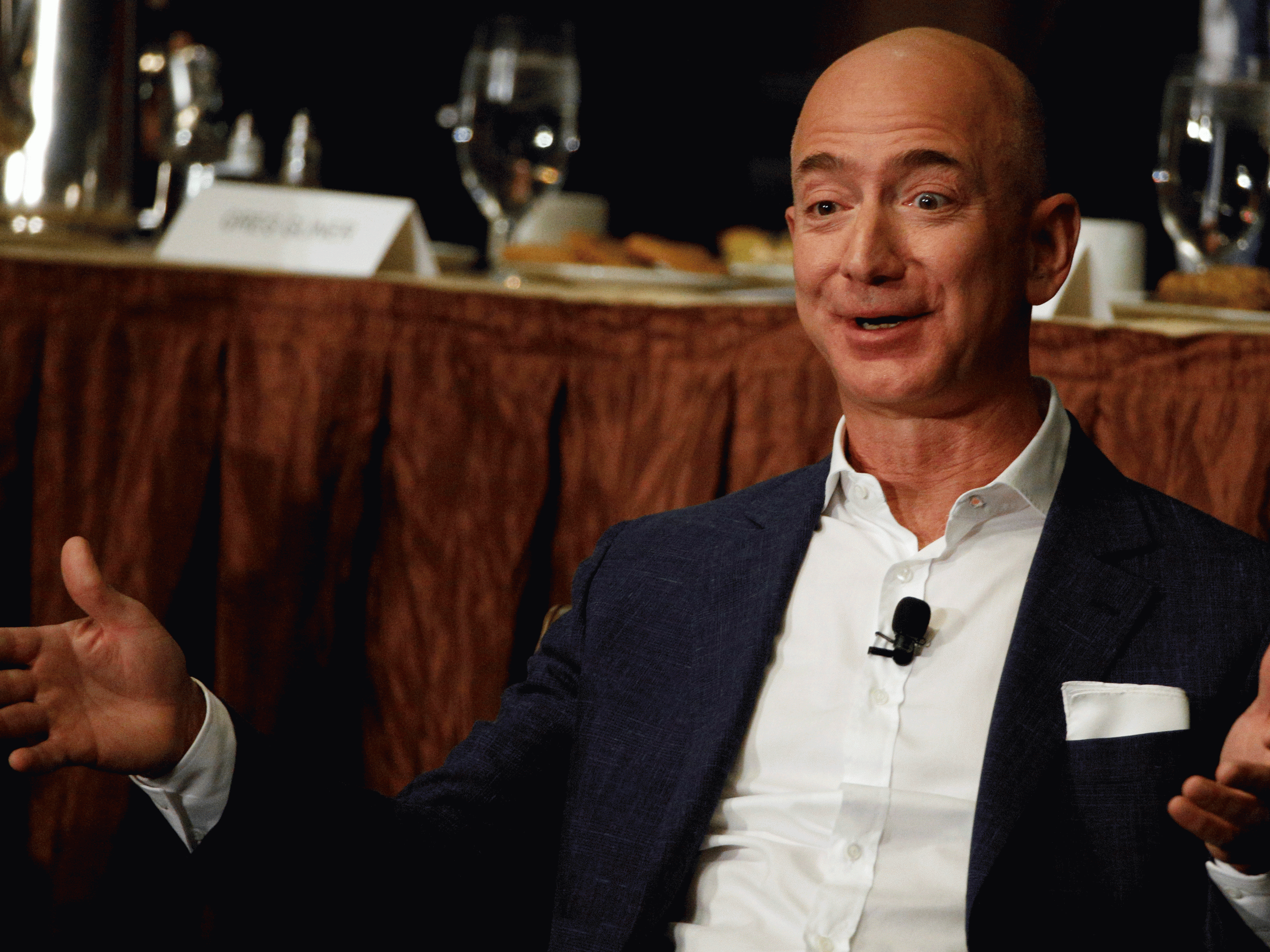Bill Gates, Jeff Bezos and Warren Buffett richer than poorest 160 million Americans combined, finds research
The Microsoft co-founder, Amazon boss, and veteran financier now have a combined wealth of $248.5bn

The three richest people in the world now own more wealth than the entire bottom half of the American population combined, new research has found.
Microsoft co-founder Bill Gates, Amazon boss Jeff Bezos, and veteran financier Warren Buffett now have a combined wealth of $248.5bn (£190bn) which is more than the net worth of the 160 million poorest US citizens, the Institute for Policy Studies think tank said.
In its report, the Billionaire Bonanza, IPS found that America’s top 25 wealthiest people now hold a more than $1 trillion in wealth.
“Our wealthiest 400 now have more wealth combined than the bottom 64 per cent of the US population, an estimated 80 million households or 204 million people,” the report said. “That’s more people than the population of Canada and Mexico combined.”
The study found that the median American family has a net worth of $80,000 (£61,000), excluding the family car, while one in five US households have zero or negative net worth, meaning that their debts are equal to or greater than the worth of their cash and possessions.
The figure is higher for people of colour - “underwater households” make up over 30 per cent of black households, and 27 per cent of Latino households.
The think tank said that President Donald Trump’s latest tax plan must be stopped, as it would worsen inequality by growing the fortunes of the top 1 per cent while doing little to help the poorest in society.
Mr Trump has proposed a raft of measures including scrapping the estate tax which applies to the fortunes of the richest 0.2 per cent of Americans when they die, as well as slashing income taxes for top earners.
Last month, Forbes reported that it was another record year for the wealthiest people in the world’s most powerful nation. The minimum net worth required to make it into the top 400 list is now a record $2bn, up almost a fifth from $1.7bn just twelve months ago.
The group’s total wealth shot up by £300bn to $2.7 trillion and the average net worth rose to $6.7bn, up from $6bn, Forbes said.
The IPS report, which is based on Forbes’ data, said its picture actually underestimates the wealth divide because some of the richest individuals have increased their fortunes in the weeks since the rich list was published. For example, a recent surge in Amazon’s share price has seen Mr Bezos’ stake increase in value by around $7bn.
Critics have said that using net worth as a measure of inequality simplifies and distorts the issue. Oxfam uses a similar comparison in its annual study of global wealth disparity.
That study, based on Credit Suisse research, calculates wealth as “the marketable value of financial assets plus non-financial assets (principally housing and land) less debts.”
This means that someone with a high salary and a large mortgage, for example, might be counted as less wealthy than someone who has less debt but a much lower income and therefore a much lower standard of living.
When it comes to income, rather than wealth, inequality - measured using a method called the Gini coefficient - the US and the UK are both among the most unequal developed countries in the world, according to the OECD think tank.
By the same measure, income inequality in the US and the UK rose significantly through the 1980s but is roughly the same now as it was in the early 1990s.
Join our commenting forum
Join thought-provoking conversations, follow other Independent readers and see their replies
Comments